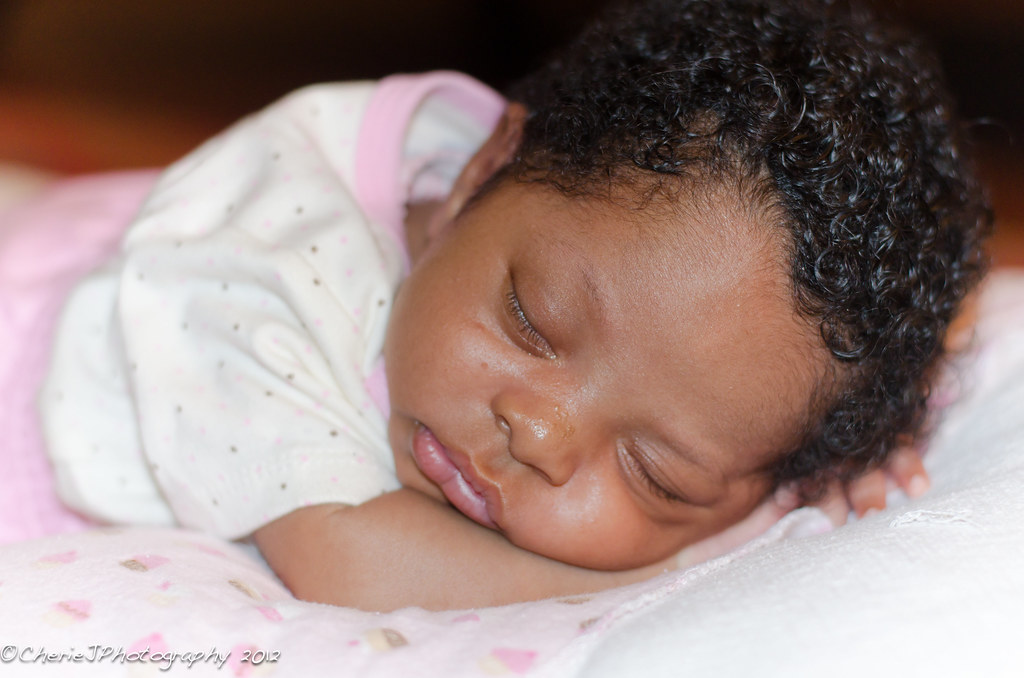Module 3: Infancy
Section outline
-
 Source: CherieJoyful on Flickr. CC-BY NC 2.0
Source: CherieJoyful on Flickr. CC-BY NC 2.0What you'll learn to do: Describe physical, cognitive, and socioemotional development in infants and toddlers.
John Locke argued that the human mind is a blank slate (tabula rasa) at birth and is filled with thoughts and knowledge as we experience life through the five senses. However, developmental theories have moved away from this notion. Newborns are equipped with basic reflexes such as crying, grasping, and suckling and are not empty-headed organisms Santrock (2019). As infants develop, innate abilities also develop and the worlds around infants play a major role in their development.Upon completion of this module, you will be able to:- Identify and explain major development milestones during infancy and toddlerhood. (CLO #1)
- Discuss developmental theories and concepts associated with infancy and toddlerhood. (CLO# 2)
- Explain the relationships that nature and nurture have on development during infancy and toddlerhood. (CLO #1)
To achieve these objectives:
- Read the Module 3 Introduction (LO 1)
- Read Chapter 4, Infancy in Developmental Psychology (LO 1-3)
- Complete the assignment and discussion forum post below. (LO 1-3)
Module Resources and Activities
Click on the links below to access or complete each item.
- Identify and explain major development milestones during infancy and toddlerhood. (CLO #1)
Background Colour
Font Face
Font Kerning
Font Size
Image Visibility
Letter Spacing
Line Height
Link Highlight
Text Colour
